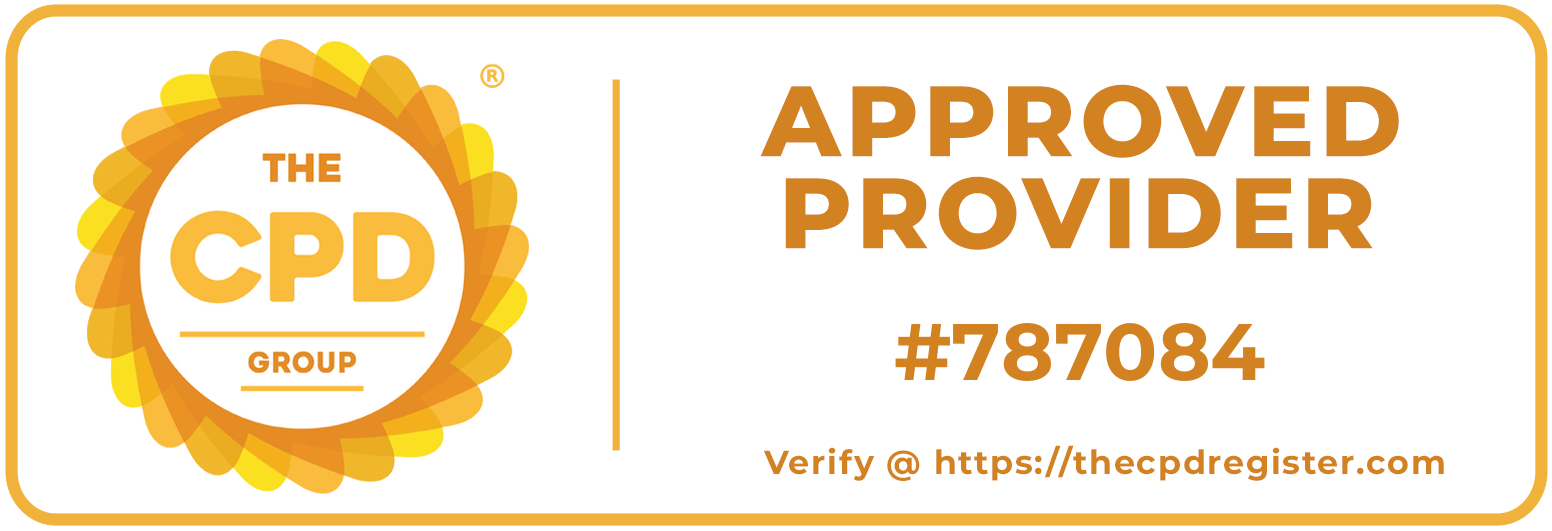

1. Flexibility and Convenience
Online Learning:
One of the biggest advantages of online learning is its flexibility. You can access course materials anytime, anywhere, making it ideal for those with busy schedules, full-time jobs, or family commitments.
- Study at your own pace.
- No need to commute—learn from home or anywhere with an internet connection.
- Ideal for self-motivated learners who prefer independent study.
In-Person Learning:
For those who prefer structured schedules and face-to-face interactions, in-person learning provides a more immersive experience. Attending classes at a physical location allows for direct engagement with instructors and peers.
- Set class schedules keep you accountable.
- Immediate access to teachers for questions and clarifications.
- Best suited for learners who thrive in traditional classroom environments.
2. Interaction and Networking
Online Learning:
Online courses often provide discussion forums, virtual study groups, and live webinars, but networking opportunities may not be as strong as in-person learning.
- Connect with a global network of learners.
- Access online mentors and digital communities.
- Less direct, face-to-face communication.
In-Person Learning:
Being physically present in a classroom or training facility allows for real-time interaction, group activities, and direct mentorship.
- Build stronger relationships with instructors and classmates.
- Engage in live discussions and hands-on projects.
- Immediate feedback and support from peers and mentors.
3. Cost and Affordability
Online Learning:
Online courses are generally more affordable since they eliminate travel and accommodation costs. Many platforms offer free or discounted learning options, making it a budget-friendly choice.
- Lower overall cost compared to in-person training.
- No additional expenses for commuting or relocation.
- Flexible payment plans available for many online programmes.
In-Person Learning:
Traditional classroom learning may involve higher costs due to tuition fees, materials, and travel expenses.
- Typically more expensive than online learning.
- Additional costs for transportation, lodging, and printed materials.
- However, provides hands-on, immersive learning experiences.
4. Learning Experience and Retention
Online Learning:
Self-paced learning allows students to review materials as many times as needed, which can improve retention. However, it requires more discipline and motivation to stay on track.
- Great for independent learners.
- Best for theoretical and self-paced subjects.
- Requires strong time management skills.
In-Person Learning:
Face-to-face instruction can enhance engagement, focus, and hands-on learning, making it easier to absorb complex topics.
- Best for practical, hands-on training (e.g., healthcare, trades, laboratory work).
- Encourages group discussions and immediate clarifications.
- Better suited for students who need structured learning environments.
5. Career Impact and Employer Perception
Online Learning:
Online learning has gained widespread recognition, and many top companies now value online certifications. However, some industries may still prefer traditional classroom training.
- Recognised by most employers, especially when accredited.
- Demonstrates self-discipline and adaptability.
- Ideal for those already working who want to upskill.
In-Person Learning:
Some industries, particularly those requiring hands-on skills (e.g., healthcare, engineering, legal training), still favour traditional learning environments.
- Preferred for roles that require physical practice.
- Easier to gain work experience and networking connections.
- Some employers still view traditional education as more rigorous.
Which Learning Mode is Right for You?
✅ Choose online learning if you:
- Need flexibility to study at your own pace.
- Prefer learning independently with minimal distractions.
- Want a cost-effective way to gain knowledge and certifications.
✅ Choose in-person learning if you:
- Thrive in structured environments with direct support.
- Prefer face-to-face interactions with instructors and peers.
- Need hands-on experience for practical skill development.
Blended Learning: The Best of Both Worlds
If you’re struggling to decide, consider blended learning, which combines both online and in-person elements. Many institutions now offer hybrid courses where you can study online and attend workshops or hands-on sessions in person.
Start Your Learning Journey Today
At Swiss Training House, we offer both online and in-person learning options to suit different learning styles. Whether you prefer the flexibility of online study or the structured support of classroom learning, our programmes provide the right balance to help you achieve your career goals.
Ready to get started? Explore our courses today and choose the learning format that works best for you.
Write something…
You May Also Like
-
Mar 12, 2025
-
Feb 20, 2025
-
Dec 20, 2024
-
Jul 22, 2024
Sign up to receive our latest discounts and news
Get in touch
Call us directly?
Address
G3 7RH, UK




